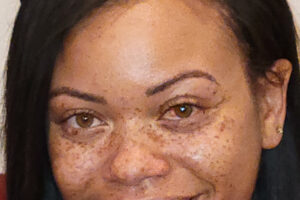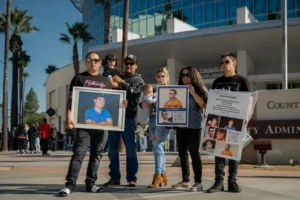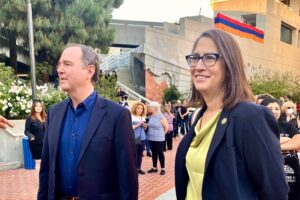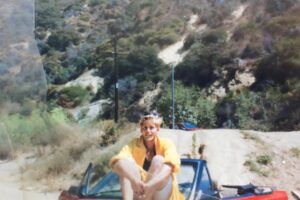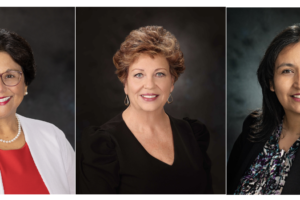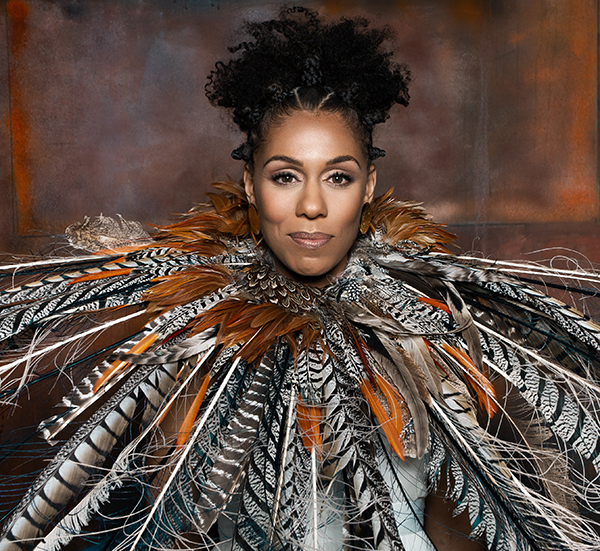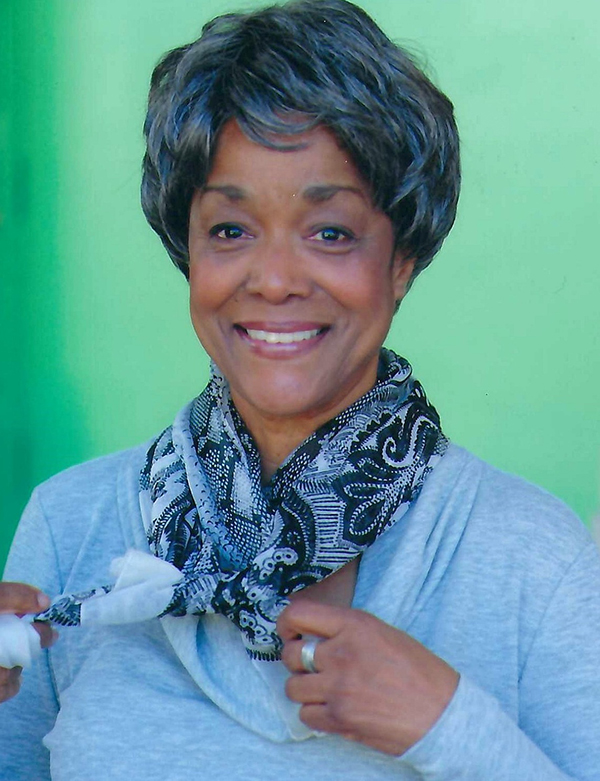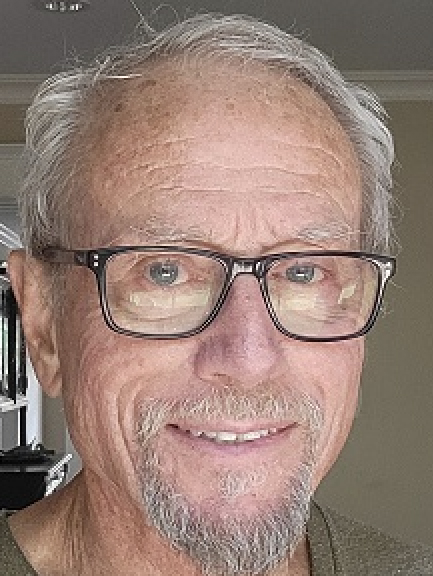By Shirley Hawkins
Contributing Writer
LOS ANGELES — Several years ago, actress Sarah Culberson was shocked to discover that she was an African princess.
Raised in West Virginia where she was adopted a few months before her first birthday by a white family, the bi-racial Culberson had no idea that she actually possessed royal blood.
Culberson was 28 years old when, after attending a cathartic acting class, she confessed her fear that her biological father, a man whom she had never met, had rejected her. Her biological mother, a white woman, had died of cancer when she was 11.
Curious about her birth father, Culberson hired a private detective to find him. Days later, the detective handed her a Maryland address. It was the address of her uncle, her biological father’s brother.
She wrote her uncle a letter and he quickly forwarded the letter and phone number to her father, Joseph Konia Kposowa, a chieftain living in Bumpe, Sierra Leone.
In an emotional phone call, Culberson finally learned the truth from her father about why she had been placed in foster care.
“My birth father came to the United States and was a visiting college student who came to West Virginia University where he met my birth mother who worked in administration,” Culbertson related.
When Culberson’s mother became pregnant, the interracial couple agreed that they were too young and poor to properly care for Culberson and they put her up for adoption. Her uncle filled her in about her lineage.
“You’re from a royal family and your grandfather, Francis Kposowa, was a paramount chief,” her uncle told her. “He was knighted as a justice of the peace by the queen of England. You can be a princess in this country.”
Excited to meet her father for the first time, Culberson flew to Bumpe.
“Our meeting was amazing and overwhelming,” Culberson recalled. “Our eyes locked and I saw that he was just as nervous (about the meeting) as I was.
“The first thing he said to me was ‘Please forgive me.’ I said, ‘Please forgive me because I’ve been making you wrong my entire life and I’m not going to do that anymore.’”
Culberson said she was amazed and overwhelmed when she found out that the village had planned a celebration for her return. “They welcomed me with open arms and my father gave me a beautiful green African dress,” Culberson said.
“When I got to the village, all the women were wearing the same green dress that I was given. They parted when they saw me and they were singing a song of welcome in Mende.”
Culberson said the women showered her with hugs and kisses and led her down the hill to an awaiting reception.
“The dancing and singing went on for the next couple of days,” she said.
Culberson learned that she was a member of the Mende tribe and is considered a mahaloi, the child of a paramount chief, which makes her a princess of the Bumpe village.
Culberson said that despite the celebration, Bumpe had been severely impacted by the scars of war.
“My father took me around the community which was destroyed by the Revolution United Front rebels in the Blood Diamond War,” she said. “The rebels took over the diamond mines and then they became corrupt and decided to keep the diamonds for themselves. A lot of them went to prison.”
During the Blood Diamond War, which lasted from 1991 to 2002, Culberson learned that the rebels killed an estimated 60,000 people and burned down Bumpe High School.
They also burned buildings and homes and severed the hands of men, women and children so that they would be unable to hold a gun.
Culberson soon realized that being a princess came with huge responsibilities after discovering that the villagers needed fresh water, education and other resources.
With co-founder John Woehrle , Culberson founded the nonprofit Sierra Leone Rising (formerly Kposowa Foundation) in 2006 which focuses on education, public health and female empowerment.
The organization rebuilt 12 classrooms and the economic building at Bumpe High School. Boys and girls dormitories were built so that students who lived 10 miles away did not have to walk to school every day.
The Bumpe High School Library was rebuilt allowing students to have access to books, which are rare in Sierra Leone.
To help continue the education of young people in Sierra Leone, the nonprofit is also creating a scholarship fund for those who cannot afford an education.
Aware that the region needed fresh drinking water, Sierra Rising partnered with World Hope and the Rotary Foundation, which donated $50,000 to construct new wells so that residents of the high school had access to safe, drinkable water. The wells also serve 12,000 people across the country.
The nonprofit also provides menstrual pads to female students.
“Many young girls drop out of school because they lack menstrual pads,” Culberson said.
Culberson added that the nonprofit also is helping to slow the spread of COVID-19 with a new initiative titled Mask on Africa.
“We are also working to establish a prosthetic center for people who lost their arms and legs in the war,” Culberson said.
Her adoptive father, James Culberson, a former neurobiology professor at West Virginia University, is also working with the nonprofit along with her brother, Hindo Kposowa.
Culberson said that working with her father and brother and helping the Bumpe people has been a life-changing experience.
She has chronicled her story in a book, “A Princess Found: An American Family, an African Chieftan and the Daughter Who Connected Them All” and her story has caught the attention of Hollywood.
A Disney animated series is in the works as well as a film produced by Stephanie Allain.


